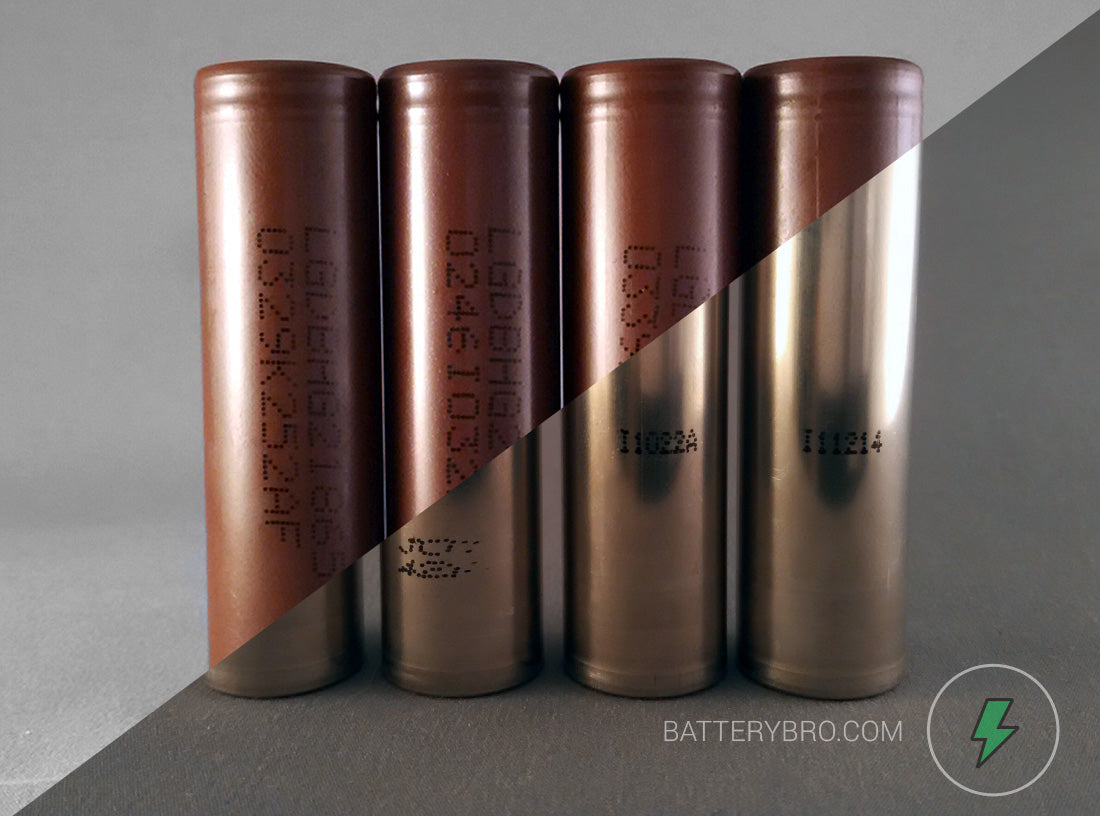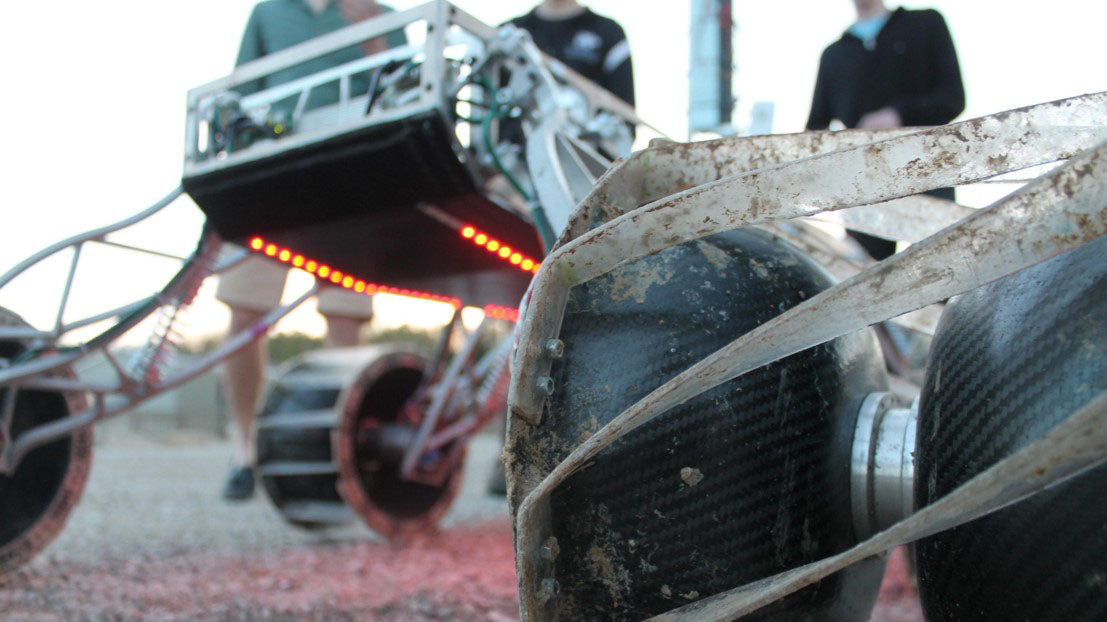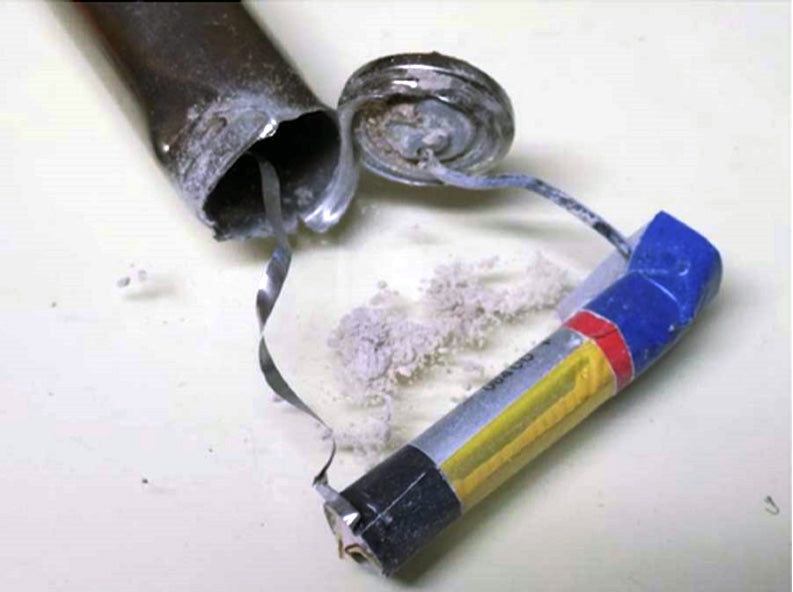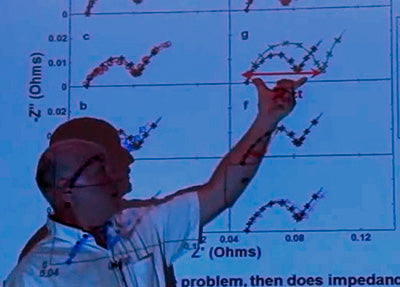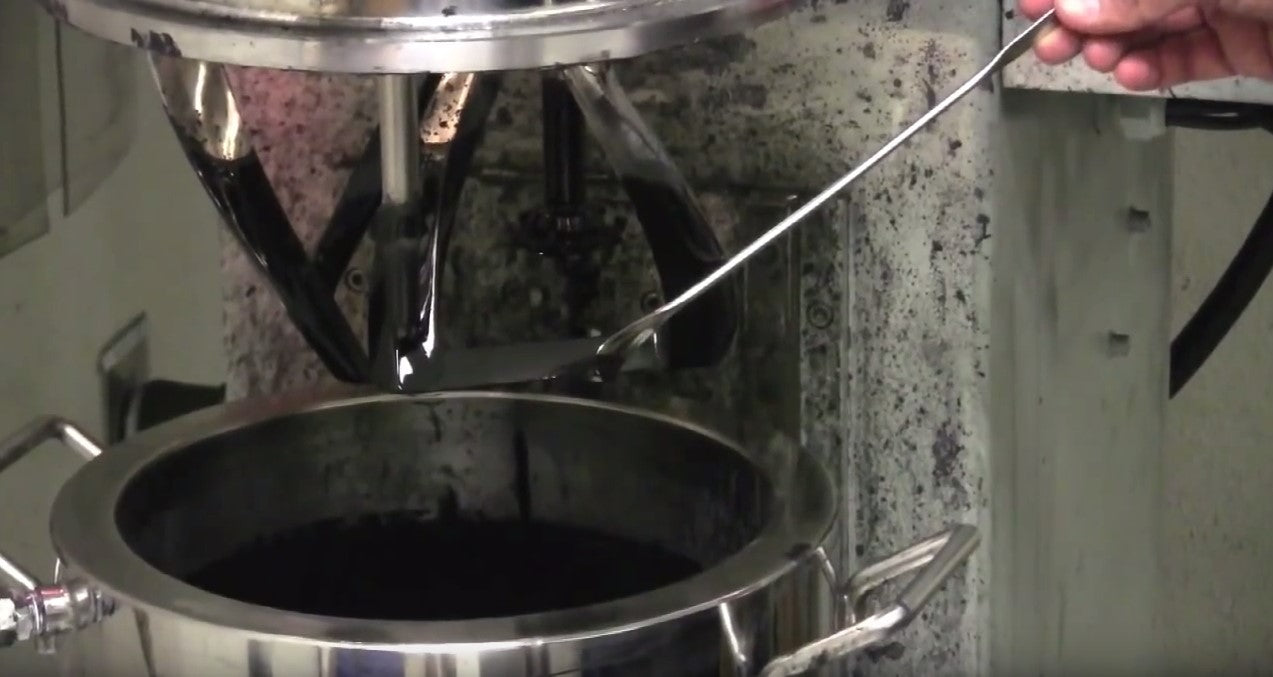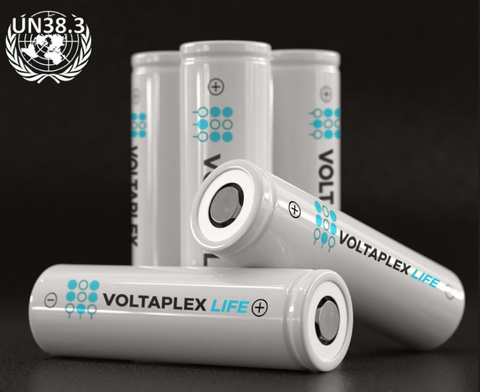Gigafactory & The Rechargeable Revolution March 02 2015, 0 Comments
Lithium ion batteries for electric vehicles
If you haven't heard - the Gigafactory is coming soon. A factory built by Tesla Motors - it's going to produce a lot of li-ion batteries. I mean a lot... in 2017 it is expected to produce more lithium ion batteries in just one location than what is being produced in the entire world now. It will drive the costs down by 30% some economists predict. The whole premise of this factory is based on a bold prediction - that the entire world should be electric, with energy stored in batteries.

CC BY-NC-SA 3.0 Bob Tregilus - The latest photo of the Gigafactory's construction progress
Old and established manufacturers like Panasonic, Samsung, and LG create great cells and are doing the world of rechargeables a big favor. The difference is - these large companies prefer to make their changes in small iterations. Take a look at 18650s for example - every few months a new chemistry is researched, and introduced. Some chemistries like INR offer many benefits - energy density, safety, cost - and stick around. Most never even reach production. Most people using e-cigarettes and vaporizers still prefer cells from 2013 - like the VTC5, or Samsung 25R.
What Tesla is doing with the Gigafactory is something all-together different. Its production capacity will completely take over the world's rechargeable battery market. In a future, where many think everything will be electric - this is a big deal.
Lithium ion batteries for home-storage and other applications
The Gigafactory will produce so many batteries, and for the most part they have been designated for Tesla's own brand of electric vehicles. This is probably the main motivator. The
cars need the batteries to survive. The Gigafactory is simply a foundation for growth. But what happens if demand for Tesla vehicles is not as high as predicted?
- Tesla automotive sales in China are horrible
- Predictions don't always come true
- Competitors like BMW can steal market share
The home power market
If the world will indeed be electric by mid-century, then that includes homes too. That means you will harvest and store energy by yourself, independently and off the grid. You can still be connected to the grid for better balancing, but it won't be necessary anymore. Musk's latest investment in the company Solar City is the wager that each home will do just this.
Each home will be:
- Collecting solar energy
- Storing it in lithium-ion batteries (perhaps even packs of 18650s) on your property
One of the greatest problems to the home power market is the price of batteries. High capacity batteries are prohibitively expensive, because a home-owner would have to replace them every year or two with the current li-ion cycle life being 300 - 1000 charge / recharges.
If the price can drop by 30%, this starts becoming feasible.
If Tesla does not sell enough cars, the Gigafactory can be easily re-purposed to serve the home power market and their sister company Solar City. The point is - all bets are on an entirely electric world.

A steam train - the power that fueled the Industrial Revolution
Remember steam-power? Now we think about it and it seems distant, and far off. Some people still use steam power, hobbyists, and for specialty applications - but the majority of us use gas. Gas, too, will probably be a thing of the past. It is very possible, in the not-too-distant future, gas will take the same route as steam did, and as horses did before that. In as little as 20 years, lithium-ion batteries could be storing most of the world's energy.
Gigafactory: From the sun into your battery
Perhaps the most exciting thing about the potential of lithium ion is not just their application. Electric vehicles, drones, vaporizers, Mars landers, would all not be possible without these cells. Then there are new applications that will arise from the lowering costs like wearable computers. And li-ion will probably one day be replaced, by li-air, or a solid-state battery with an ultra high cycle life. But it's not about the specifics: it's a general sense that humanity can one day store energy efficiently. We'll take it from the sun, put it into batteries, and energy will be plentiful.

